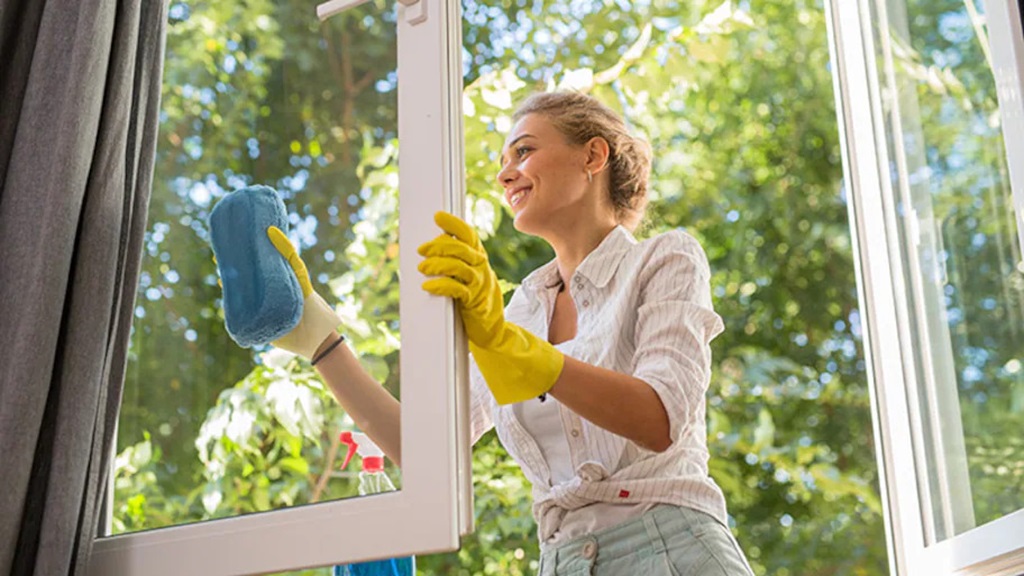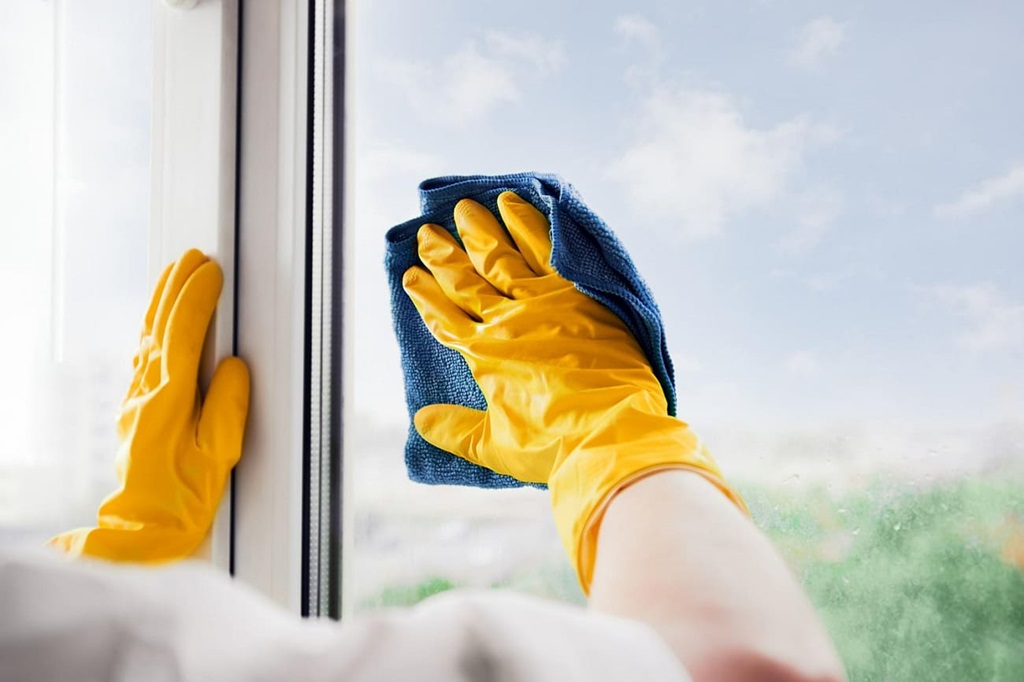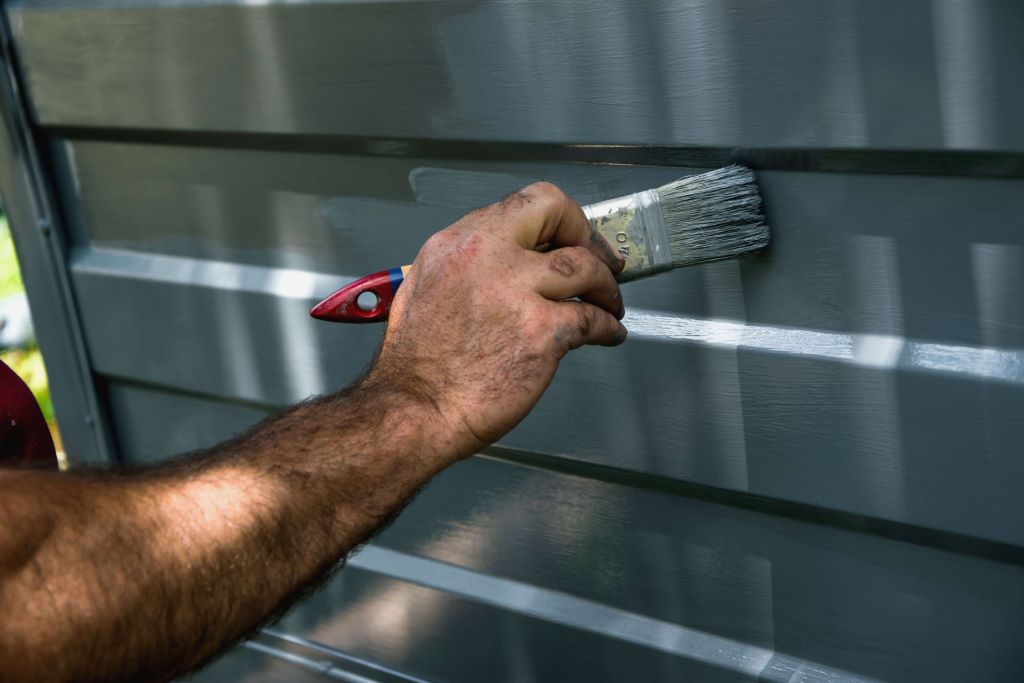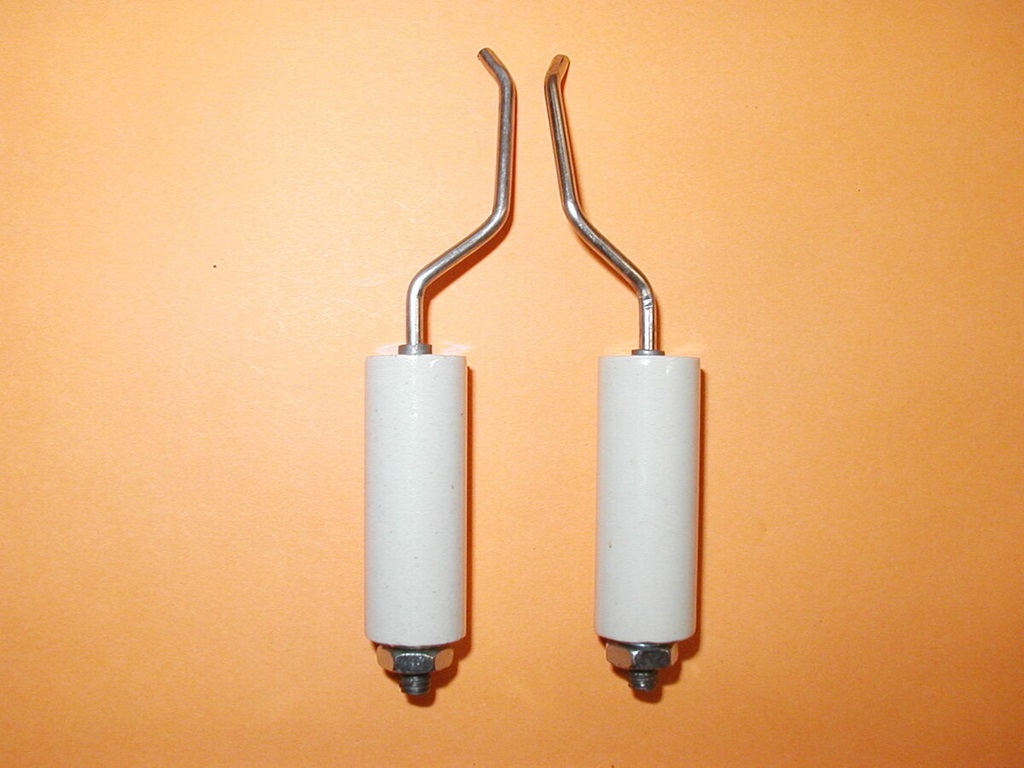Having sparkling, clean windows can make a massive difference in the overall appearance of your home. When your windows are streak-free and crystal clear, they let in ample natural light and give your rooms a bright, open feeling. Clean windows also provide unobstructed views of the outdoors, enhancing your living space.
However, keeping your windows pristine does require regular maintenance and effort. Some disadvantages come along with having squeaky clean windows all the time.
The Benefits of Spotless Windows
Clean windows offer many benefits, making the extra work worthwhile for most homeowners.
Here are some of the main advantages of keeping your windows crystal clear:
Enhanced Curb Appeal
Spotless windows can vastly improve your home’s curb appeal when clean and shiny window panes make the entire house look well-maintained and attractive from the outside. Passersby will notice the sparkling glass and your home will give off an inviting vibe.
If your windows are constantly smudged and dirty-looking, it detracts from your home’s aesthetic. But clean windows say “welcome” to guests and show you care about your property’s appearance. Enhancing curb appeal can increase your home’s value when it comes to selling.
Bright, Cheery Interior
Having clean windows indoors has a huge impact, too. When window panes are free of dirt, grime, and streaks, sunlight streams into your rooms unimpeded. This natural light makes interior spaces more open, bright, and cheerful.
The cleaner the glass, the more sunlight can pass through. Without dingy films dulling the panes, your rooms will be infused with beautiful natural light. Clean windows can brighten your home and your mood.
Unobstructed Views
Another obvious advantage of clean windows is being able to enjoy unobstructed views. You can fully take in scenic vistas and backdrops when glass panes are crystal clear without streaks. Whether you have a beautiful landscape beyond your windows or an exciting cityscape, clean windows allow you to appreciate the views.
Dirty windows create an ugly filter that mars pretty scenery. But cleaning away dirt and debris gives you back those lovely sights. Don’t let buildup on the glass block your enjoyment of what’s on the other side of the pane.
Added Safety
Clean windows also provide added safety, allowing you to see potential hazards or intruders more clearly. If window panes are covered in grime, glare, smears, etc., it can obscure your vision and may prevent you from spotting dangers.
Having pristine, transparent windows gives you the visibility to spot risks and respond promptly. This is especially important for windows in entryways and exit routes. Clear glass allows you to maintain a better awareness of your surroundings.
Lower Energy Costs
Believe it or not, dirty windows can raise your energy bills. That’s because grimy window glass prevents sunlight from warming and illuminating your home correctly. When natural light is blocked, your home relies more on artificial lighting and heating sources to compensate.
By keeping your windows clean, sunlight can naturally heat and brighten interior rooms, reducing the need for lights, heaters, and air conditioning. You’ll reap lower energy bills as a result. Clean windows can easily incorporate passive solar design principles for energy efficiency.
Healthier Indoor Air
Dirty windows trap pollutants like dust, pollen, and dander on their panes. When windows aren’t cleaned regularly, these allergens and irritants build up over time. When your windows are shut, the contaminants can circulate in your home’s air, reducing indoor air quality.
Cleaning windows regularly removes those sneeze-inducing particles from the glass panels. This promotes better indoor air quality so you and your family can breathe easier. Removing allergens from your windows means eliminating allergens from the air inside your home.
Potential Drawbacks of Squeaky Clean Windows
As with most things, some potential downsides are associated with keeping your windows pristine at all times.
Here are a few disadvantages to consider:
Time Commitment
Keeping windows clean requires a significant time investment. Window washing should be done at least a few times per year. Windows on a home’s exterior may need cleaning quarterly or even monthly. Doing all the panes thoroughly takes hours.
If you have many large windows or windows that are high and hard to reach, cleaning them is even more labor-intensive. You must be prepared to put elbow grease yourself regularly or pay for professional window washing services.
Hassle Factor
That window washing can also be a hassle, especially in a multi-story home. It may involve moving heavy furniture, climbing onto ladders, and continuously refilling buckets. Cleaning upper-floor windows from the outside is dangerous and not recommended.
Having to clear your schedule to wash windows is also a nuisance. Other household chores and activities may get delayed when it’s time for window cleaning day. The process can be stressful and disruptive.
Streaks and Spots
Even if you thoroughly wash your windows, it’s easy to end up with streaks and spots left behind. This sometimes occurs from using the wrong cleaning products or techniques. Streaky, spotted windows negate the advantages of having clean windows and can look unsightly.
Specialized tools and solutions are needed to achieve crystal-precise results without streaks or watermarks. It would be best to use microfiber cloths, squeegees, and vinegar solutions and avoid cleaning windows in direct sunlight. It takes skill.
Harsh Chemicals
Most commercial window cleaners contain powerful chemicals like ammonia that cut through grease and grime. However, these chemicals can be harsh and irritating to your skin and eyes. They can also damage your plants and lawns if used outside.
Making your natural window cleaning solutions is gentler but typically less effective on tough dirt and stains. Keeping windows clean sometimes requires using potent chemicals that come with risks. Proper handling and disposal are essential.
Accelerated Damage
Believe it or not, aggressive cleaning can accelerate damage to older windows. Old glass and glazing can be fragile. Scrubbing too hard or using abrasive tools can etch the glass and worsen existing pits or cracks. The weathering that comes with age needs gentle handling.
Pressure washing and scraping also need to be avoided on antique windows. While you want to keep the panes clean for appearance, preserving their integrity is essential, too. Harsh cleaning can hasten the deterioration of vintage windows.
The Pros and Cons of Squeaky Clean Windows at a Glance
The pros and cons of having squeaky clean windows:
| Pros | Cons |
| Enhanced curb appeal | Time commitment required |
| Bright, cheery interior | Hassle factor |
| Unobstructed views | Streaks and spots |
| Added safety | Harsh chemicals are often needed |
| Lower energy costs | Can accelerate damage to old windows |
Tips for Keeping Windows Spotless
If you want to enjoy the many benefits of clean windows without all the hassles and drawbacks.
Follow these tips:
- Clean windows when temps are moderate – Avoid washing windows when it’s too hot or cold. Extreme temperatures make glass cleaning less effective. Also, avoid direct sunlight shining on the panes while cleaning.
- Use soft microfiber cloths – Microfiber gently lifts dirt without scratching. Avoid paper towels or abrasive scrubbing pads.
- Make your cleaning solution – Mix vinegar, water, and a tiny amount of dish soap. Vinegar cleans glass without leaving streaks or residue.
- Squeegee top to bottom – Wipe the soiled solution with a vertical squeegeeing motion for spotless results.
- Rinse window frames – Don’t forget to rinse dirt from window sills and frames to complete the job.
- Clean screens seasonally – Dirty screens block incoming light. Remove screens and clean gently with a soft brush and soapy water.
- Hire pros for high or hard-to-reach windows – Let professionals handle large or dangerous windows. It’s cost-effective and safe.
- Wash interior and exterior – Don’t just do the inside or outside! Switch between panes for balanced brightness.
These window washing tips will help you achieve sparkling clean windows without too much elbow grease. With the proper methods, you can minimize hassles and upkeep time.
Conclusion
Having clean, sparkling windows makes a huge difference in the look and feel of your home. Natural light and views can fully permeate pristine window glass. However, keeping windows crystal clear requires routine maintenance and cleaning. For most homeowners, the benefits outweigh the work needed.
Use microfiber cloths, homemade cleaners, and proper washing and drying methods for streak-free shine. Hire window washing services if your home’s windows are expensive or complicated to access. With strategic cleaning sessions throughout the year, you can enjoy the advantages of clean windows without too many headaches. Just be prepared for the time commitment involved.
Your windows don’t have to be perfect. But keeping them clean fairly consistently will elevate your living space visually and energetically. With some diligence, you can maintain clean windows to appreciate your home’s light and scenery fully.
Frequently Asked Questions
How often should you clean windows?
For most homes, cleaning windows every 2-3 months is sufficient to keep them looking pristine. Windows that get dusty often or are exposed to outdoor debris may need cleaning every 4-6 weeks. Don’t wait longer than 3-4 months, though, or grime builds up.
What is the best way to clean windows?
Use a soft microfiber cloth, squeegee, and a homemade cleaning spray with vinegar, water, and mild dish soap. Wipe down frames first, then wash panes with solution. Squeegee panels vertically from top to bottom to avoid streaks when drying.
What should you not use to clean windows?
Avoid paper towels, abrasive scrub pads, and abrasive powder cleansers. Also, skip the window wipes – they often leave a residue. Avoid bleach or ammonia solutions. Stick to gentle vinegar- or soap-based cleaners.
What removes hard water stains from windows?
For calcium and lime deposits, use undiluted white vinegar. Let it sit for a few minutes to dissolve the hardened minerals, then wipe it clean with a cloth. You can also gently rub spots with baking soda and water.
How do you clean windows without streaks?
Wash windows on an overcast day without direct sun. Use a microfiber cloth to wipe down panes, then immediately squeeze vertically from top to bottom. Avoid circular or back-and-forth motions when drying as they leave streaks. Rinse the squeegee blade frequently.





